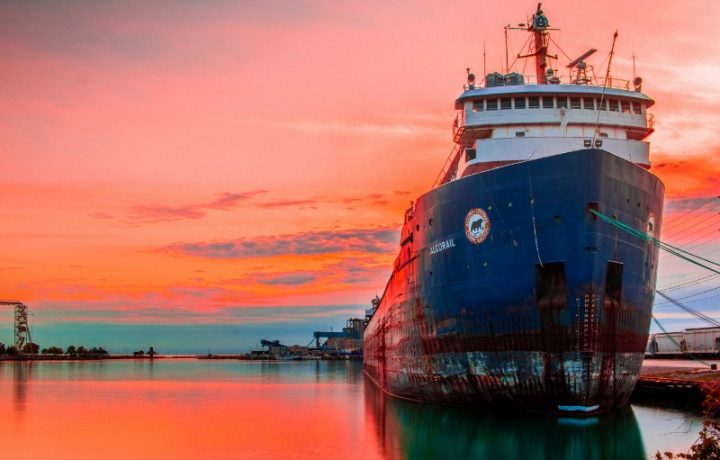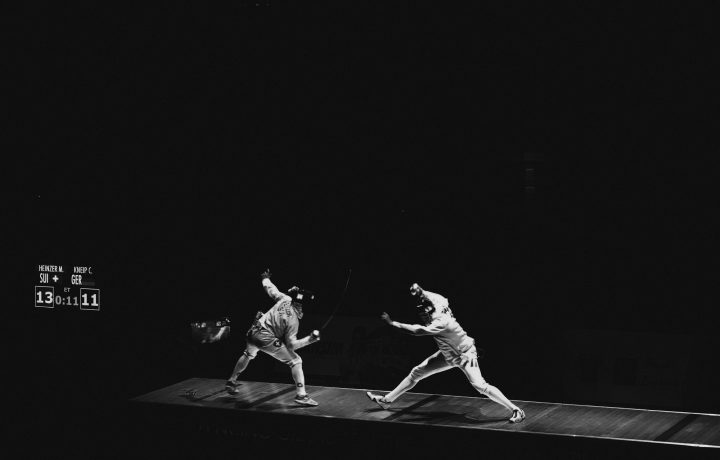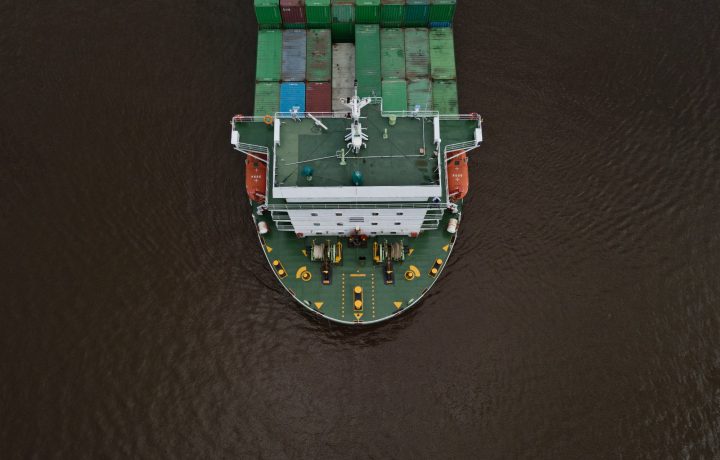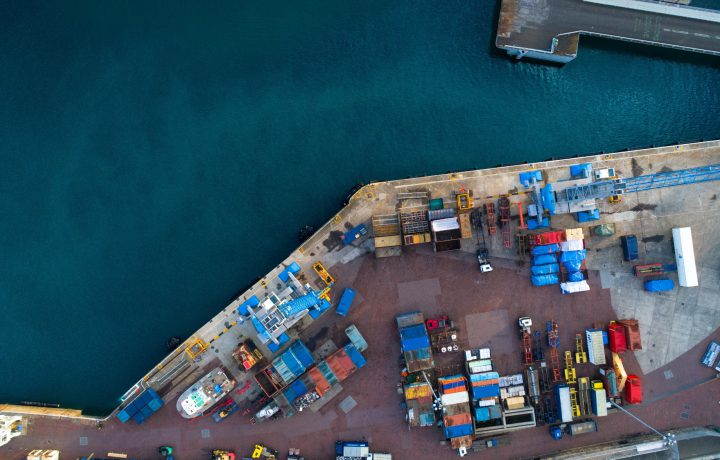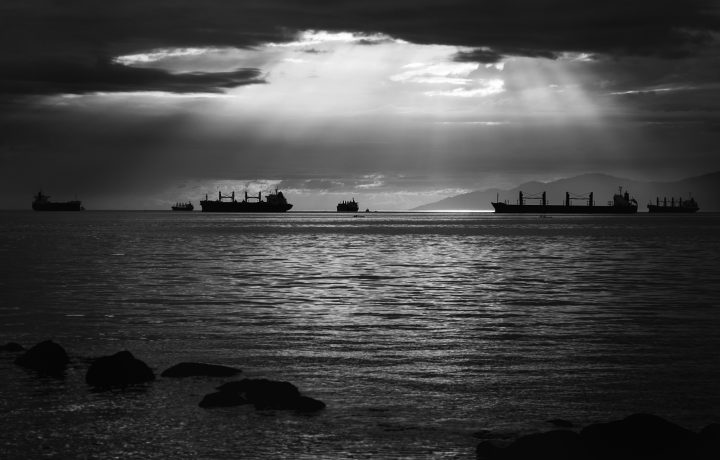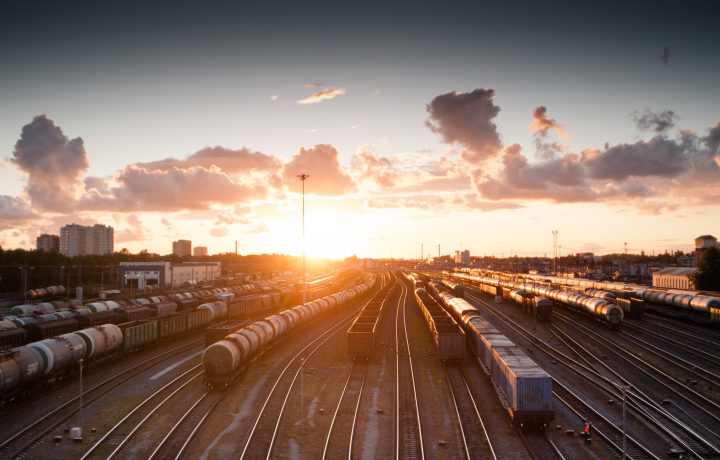Commodities lay a basis for a global economy. Therefore it does not come as a surprise that the commodities market is extensively discussed and analyzed in the mainstream economic titles. Supply chain disruptions, divagations on national security in the context of an access to the key materials for defense and technology sectors, frequently come up on front pages of opinion making medias. It is pitiful however that the very mechanism …
